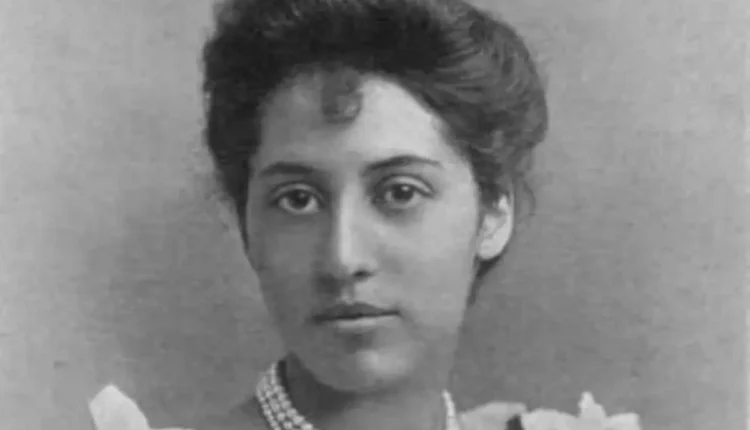In the annals of history, Princess Sophia Duleep Singh stands tall as a beacon of courage, resilience, and advocacy. Born on 8 August 1876, to Maharaja Sir Duleep Singh and Bamba Müller, her life traversed continents and cultures, shaping her into a trailblazer for women’s rights.
Sophia’s lineage was rich and diverse, with her father’s Sikh Empire lost to the Punjab Province of British India, leading to their exile in England. Her godmother, none other than Queen Victoria, bestowed upon her family an apartment in Faraday House at Hampton Court Palace, offering a semblance of refuge amidst tumultuous times.
Sophia Duleep Singh’s Activism
Sophia’s journey into activism began in earnest upon her return from India in 1909. Encouraged by Una Dugdale, a friend of the Pankhurst sisters, she joined the Women’s Social and Political Union (WSPU), a pivotal moment igniting her fervent commitment to the cause of women’s suffrage.
Her support knew no bounds as she lent financial aid to suffragette groups, contributed to fundraising endeavors, and even refused to pay taxes, frustrating governmental authorities.
Black Friday and Beyond
The pages of history immortalize Sophia’s indomitable spirit during the infamous Black Friday of 18 November 1910. Alongside Emmeline Pankhurst and fellow activists, she marched to the House of Commons, demanding an audience with the Prime Minister, only to face expulsion and police brutality.
Despite the risks, Sophia Duleep Singh’s resolve remained unyielding, as she continued to champion the suffragette movement, undeterred by threats or adversity.
World War I and Beyond
Even amidst the chaos of World War I, Sophia Duleep Singh remained steadfast in her advocacy. She supported Indian soldiers and volunteered as a nurse, tending to wounded soldiers with compassion and empathy. Her actions transcended borders, symbolizing unity and solidarity in the face of adversity.
Legacy and Inspiration
Sophia Duleep Singh’s legacy reverberates through the corridors of history, inspiring generations of activists worldwide. Her unwavering dedication to the advancement of women’s rights earned her a place of honor alongside Emmeline Pankhurst.
From hosting Indian soldiers to advocating for suffrage in India, her impact transcended boundaries, leaving an indelible mark on the global feminist movement.
Also Read:Vamsi Mootha: Pioneering the Frontier of Mitochondrial Biology

